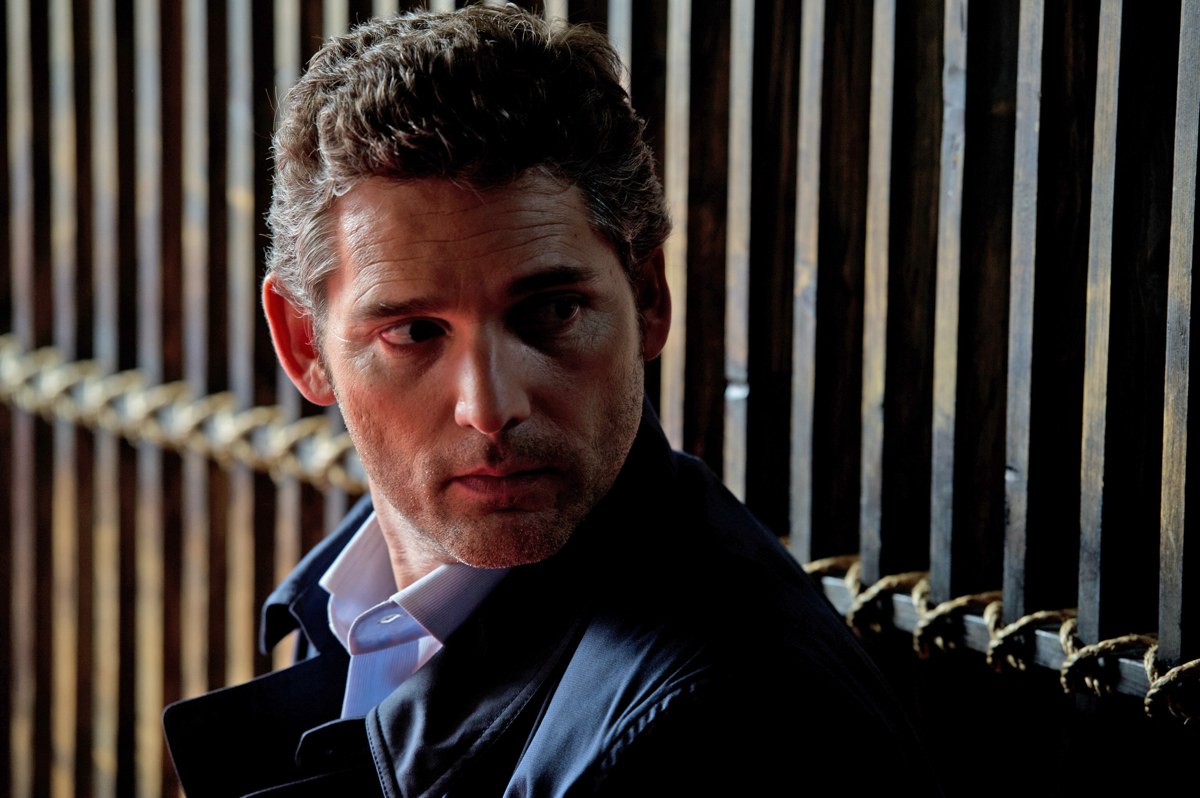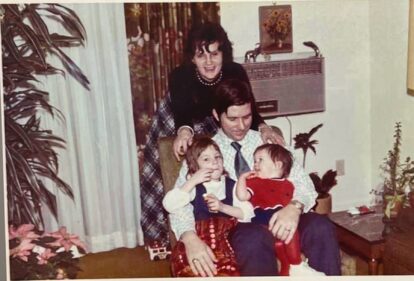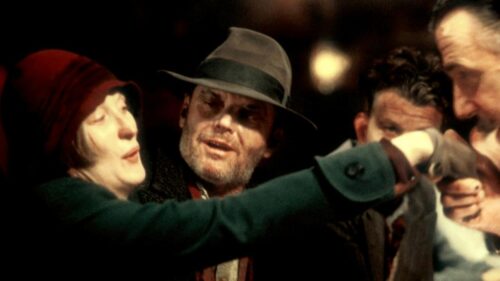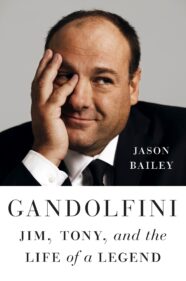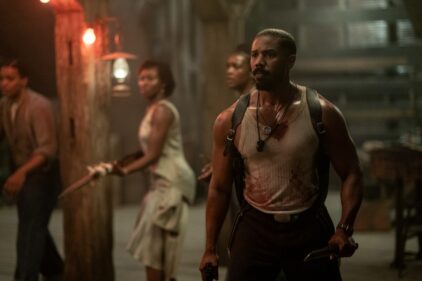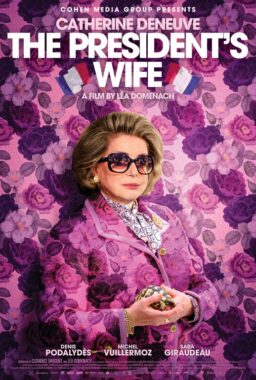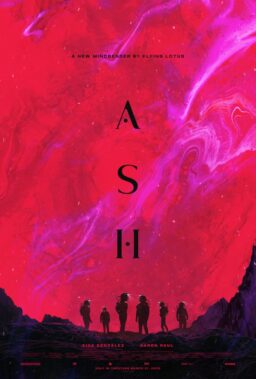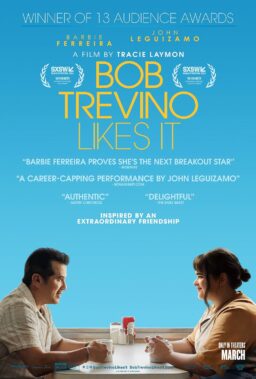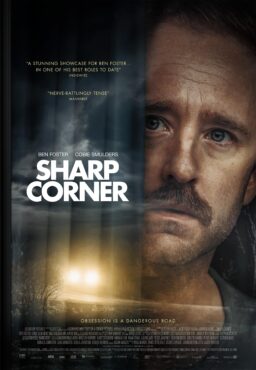Eric Bana stars in “Closed Circuit,” the story of two London barristers defending a man accused of terrorism in the era of government-sponsored spying on citizens. Bana plays Martin, who is the traditional defense attorney for trial (known as a barrister in the UK). Rebecca Hall plays another barrister, appointed under a new program that creates a parallel defense. She has sole access to protected materials under national security rules, to determine whether there is evidence that may cast doubt on the defendant’s guilt. The movie’s thrills come less from the chases and explosions than from the too-real collision of national security and personal privacy. Bana spoke to me about being inspired by the lawyers in his family, what it’s like to see the headlines echoing the movie, why his character could not punch anyone, and the romantic aspect of a story where the characters have little screen time together.
How did you prepare for playing a lawyer?
It was a combination of factors. I married into a legal family, so the pressure was on. My father-in-law is the retired Chief Justice of the High Court of Australia and my sister-in-law is a barrister as well. He always jokes when I start a new film, “Maybe there’s a part for a distinguished 70-something judge.” So I’ve spent a lot of time around lawyers in Australia and a little bit of time looking at the legal system in England. It was important to get a handle on what the life was like away from chambers [law offices] because Martin is someone who presents as being brilliant, and obviously is brilliant in what he does, but there’s a whole other side of him. I’m always intrigued by that in real life as well, people who present one way but you get the impression that what goes on after hours is something else.
Rebecca and I had some more courtroom scenes that were rightfully cut from the film. So there was originally a little more advocacy in the film, but it was a delicate edit and I can see why they had to be cut. It was a tricky film to put together but [director] John Crowley has done a great job with the pacing and explaining the special advocate and the British legal system without getting too bogged down. And he had to balance the drama and the action. There were a couple of drafts of the script that went off in a different direction, with more of an action bent. I was really concerned and so was John. He said, “It’s not going to go down that road. We’re going to pull it back.” That was really important to me. You can’t have those barristers suddenly have special fighting skills. You just can’t go there. The type of audience that’s attracted to this movie won’t allow it. Martin can’t punch someone. There cannot be a fight scene. You will not get away with it. He’s not in mixed martial arts. So he hits someone with a wrench and runs away.
He’s a rower, though, and that is how we first see him. I thought that was a good way to show that he is very focused and a bit of a loner.
There’s a story about that. I’ve never had an injury in my life but last year I tore a tendon in my arm. I couldn’t even hold a coffee mug. As this film came together, I suddenly realized, “I’m going to have to row.” I couldn’t shake someone’s hand, let alone row. I said to John, “Would you consider him being a runner?” John said, “No, no, it’s very particular to him. It’s very Martin.” I had to have all kinds of blood injections and told the crew we’d have to wait on the rowing scenes until the end of the movie. But I really loved it. Very addictive!
The relationship between your character and Rebecca Hall’s is something we come into without much history. How did you work with her to convey what had happened between you in the past?
We kept out of each other’s way. The script intimated a past there. I like the fact that we don’t see them together during much of the film. It’s the antithesis of what we’re used to: here’s a bunch of romantic scenes; here’s where they get together; lots of scenes where you’re progressing through the relationship. This is flipping that whole thing entirely on its head. Sometimes we are apart, sometimes we are arguing, but we’re never going to be together in the traditional sense. I find that somewhat romantic. I might be old-fashioned, but I quite like that notion. It was challenging on the one hand. You have to give the audience something. That flashback moment at the hotel gives us some evidence that they’ve been together. And then the three-month passing at the end. It’s the opposite of what we’re used to.
The world has kind of caught up with you on these issues. What do you want people to take away from it?
Kind of scary. I’ve been through this quite a number of times. On “Black Hawk Down” I had a similar experience, and on “Munich.” This one is probably the most scary in terms of how much it is mirroring what is happening now. There was always going to be some relevance, but there’s no doubt that the Snowden developments are very much on point. I saw “Closed Circuit” for the second time last night and it was scarier than the first time because of what’s been in the news. The first time, I thought, “We’re really taking some liberties.” The second time, I thought, “It’s not that far-fetched, not a massive stretch.”
I hope people who see this are slightly unsettled. As much as I enjoyed it, I felt unsettled watching it. I hope it gets people talking. Above all else, we want people to enjoy the film, to get a sense that they’ve been treated well.
How did you first get involved with this film?
I was in total lock-down researching another part and I had told my agent not to bother sending me anything. But I was getting on a plane to L.A. She said, “I’ve just emailed you a script. If you feel like reading something on the plane, take a look because the director is in L.A.” She really loved it. I read it on the plane and said, “Please connect me with John.” We had a great meeting the next morning. He was very complete in the way he wanted to approach the film. Sometimes when you meet with a director, what they are saying and what’s on the page are two different things and it’s a massive leap of faith. There’s a disconnect. And you realize you’re going to be in the middle of that disconnect, in the middle between the script, the studio, the director, and the release. It can get tricky. So it’s really nice when you read a script and you put it in the ether right there and you meet the director and he sees it in exactly the same place. It’s always a good sign, going in to a movie knowing the kind of movie the director wants to make. As luck would have it, the film I was researching fell apart and this ended up being my next film.
What’s your next project?
I’m not sure! I have to get on another plane and start reading again.
Read more from Nell Minow on her website, Movie Mom.

